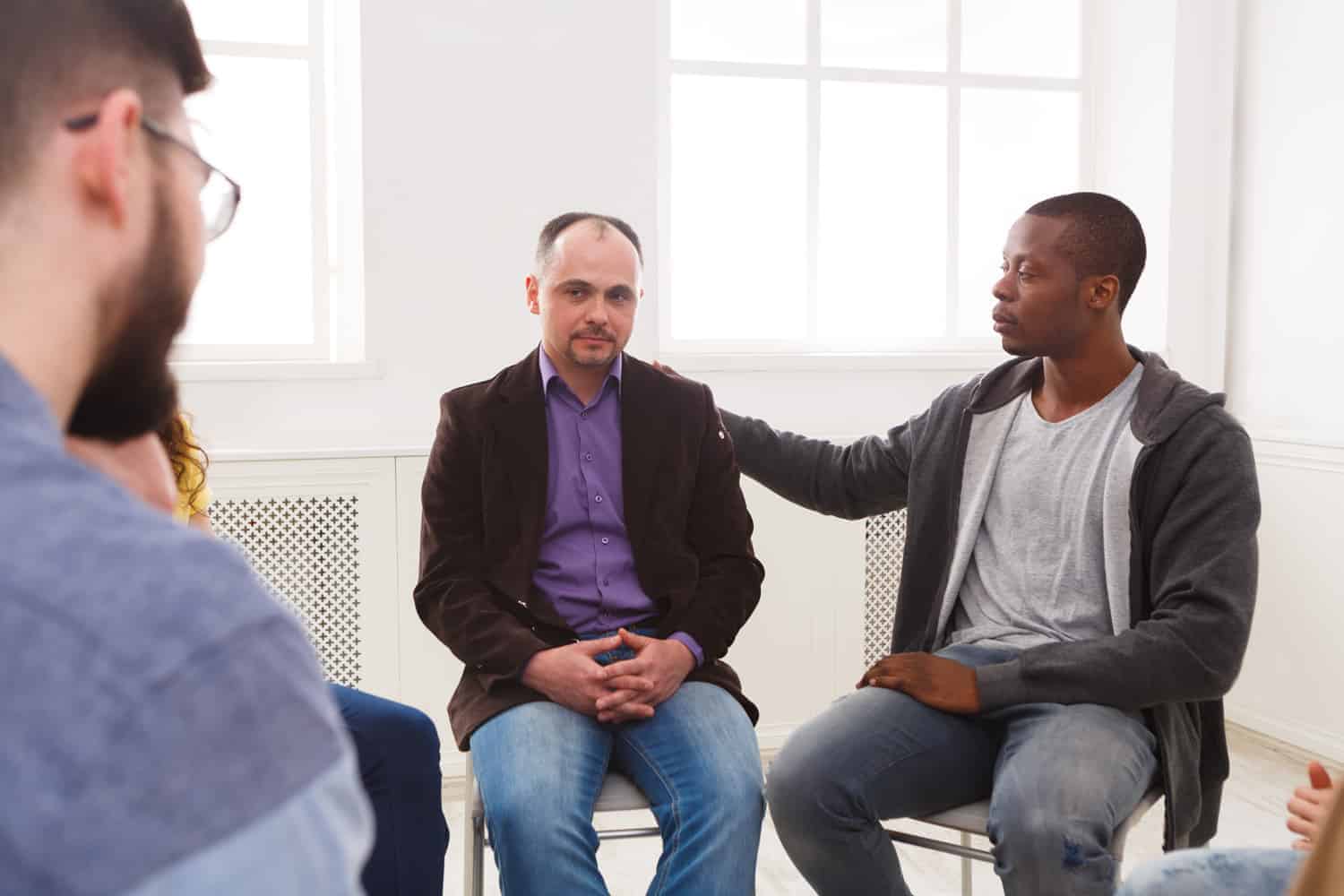


We’re all human. We all make mistakes and feel sad, angry, and lonely at times. Part of being human is the ability to handle and process a multitude of emotions. In recovery, you’re learning how to cope with these emotions as well as recognizing them. It’s hard to learn emotional regulation, but it’s a skill to think of as lifelong.
In recovery and the world of mental health, you may hear this term without really understand what it means. Counselors and therapists especially like to talk about how you can regulate emotions.
A basic definition of emotional regulation is an individual’s capacity to both experience emotions and react – or not react – to them.
Feelings are natural and healthy. Everyone has them and has to cope with them in daily life. As a person new to recovery, you may experience your feelings intensely and feel like you have to “do something about them.” The truth is that many people think this way, but reacting may not be the most excellent idea. If you’re angry, and you try to “do something about it,” you’ll probably damage a relationship, put yourself in jeopardy, and feel guilty about your reaction.
Emotional regulation helps put you in control of your actions and reactions. While you can’t change things that other people do, you are entirely in control of your response to them. You may feel awful, but you don’t need to retaliate for your feelings, even if you think that somebody else caused them. You'll need to learn to live through your feelings without using drugs or alcohol.
Your response to emotions can be unhealthy if you don’t try to regulate your emotions. Examples of unhealthy responses include using drugs or alcohol, reacting with violence or self-harm, and lashing out at others. Some of these coping techniques may be almost automatic because you’ve used them for so long.
In recovery, breaking unhealthy patterns is essential. You’ll probably find that these types of reactions to emotions don’t even “work” anymore. Now that you’re no longer numb, when you react poorly to something that hurts or angers you, you’ll find that you don‘t feel better. You probably will feel even worse about yourself and the situation that brought you there.
When you’re feeling anger, sadness, fear, hurt, or anxiety, there are dozens of ways you can cope with those emotions. Creating new responses may seem a steep hill to climb at first. As you continue to learn new coping skills, healthy reactions will come more naturally.
Instead of using your older coping skills (using drugs and alcohol), try something new, such as:
Emotional regulation can take a while to get used to. Your emotional responses may be triggered more when you aren’t getting enough sleep or feel overwhelmed. Taking care of your body as well as your mind is important to helping you cope with your feelings.
Pay attention to when you feel negative emotions and take time to slow down instead of reacting immediately. It will take some work, but it will help you grow as a person. Don’t be so hard on yourself or beat yourself up. If you’re feeling lonely or down, seek out some friends or go to a 12-step meeting. You’ll be able to connect with others who understand what you’re going through.
Have you thought about sober living? Many people in recovery find that living with others in recovery is a powerful way to start their new life. Aftercare can also help you back on your feet. We offer the highest sober living standards, structure, sober living culture, and a safe space to get back on your feet. Call us at 760-216-2077.
